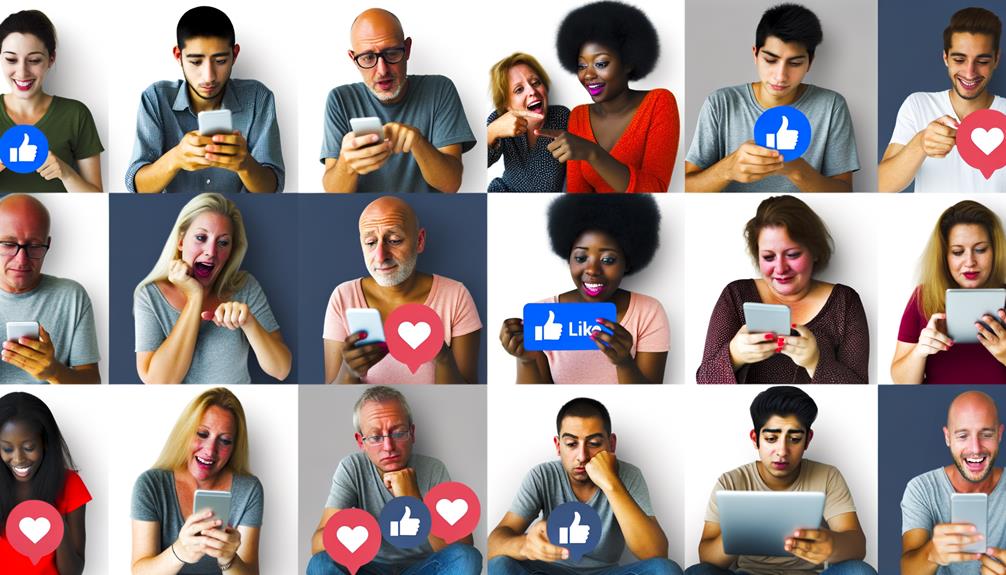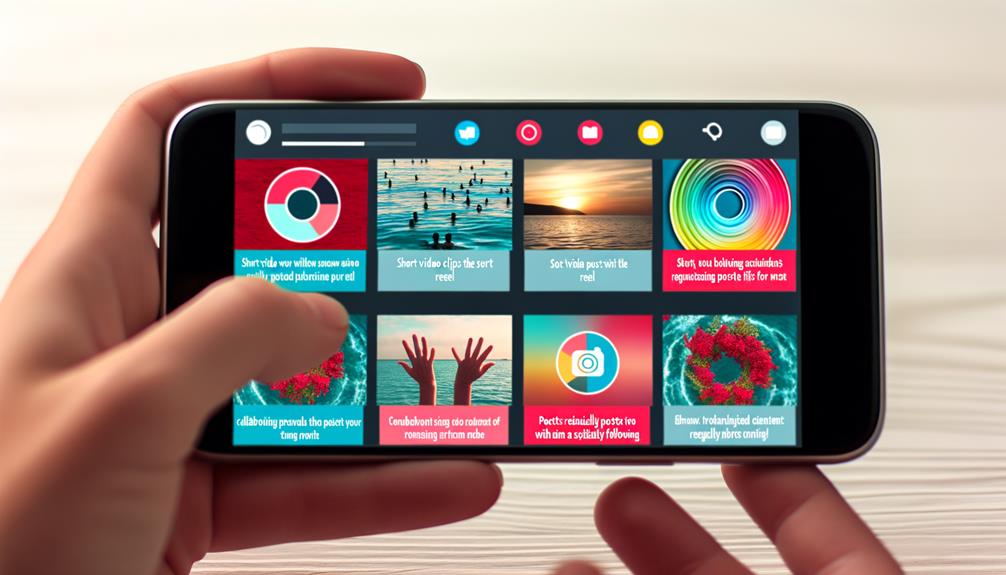Imagine social media as a bustling marketplace, each platform a different street where vendors showcase their goods. In this digital marketplace, influencers stand out like charismatic street performers, drawing crowds with their captivating acts.
But who truly holds the power in this modern-day spectacle? Understanding the role of influencers goes beyond follower counts; it’s about the ability to shape opinions, spark trends, and drive conversations.
So, who exactly qualifies as an influencer in this dynamic landscape of social media, and what impact do they have on our digital interactions?
Defining an Influencer
When identifying an influencer in the realm of social media, it’s essential to consider their impact and reach across various platforms. Influencers are individuals who’ve established credibility in a specific industry and have the ability to sway the opinions and behaviors of their audience. These individuals have a loyal following that looks up to them for guidance, advice, and recommendations.
The key distinguishing factor of an influencer is their ability to engage with their audience authentically. They create content that resonates with their followers, leading to higher levels of trust and influence. Influencers come in various forms, such as bloggers, vloggers, social media personalities, and celebrities. Their success is measured not only by the size of their following but also by the level of engagement they generate.
In today’s digital age, influencers play a crucial role in shaping consumer perceptions and trends. Their endorsements can significantly impact the success of brands and products. As you navigate the world of social media, understanding the role of influencers is vital for both individuals and businesses looking to leverage this powerful marketing tool.
Types of Influencers
As we explore the landscape of social media influencers, it’s imperative to understand the various categories that define these influential individuals. Influencers can be broadly categorized into different types based on the content they create and their audience.
- Celebrities: These influencers are well-known figures from various industries like entertainment, sports, or fashion. Their fame and following extend beyond social media platforms.
- Micro-Influencers: Individuals with a smaller but highly engaged audience. They often focus on specific niches and have a strong connection with their followers.
- Macro-Influencers: These influencers have a larger following compared to micro-influencers but may not have the same level of engagement. They cater to broader audiences and cover a wide range of topics.
- Industry Experts: These influencers are professionals or specialists in their field, providing valuable insights and knowledge to their followers.
Understanding these different types of influencers can help brands and followers identify the most suitable partnership or content to engage with on social media platforms.
Impact on social platforms
Understanding how influencers impact social platforms is crucial for both users and brands seeking to maximize their online presence and engagement. Influencers play a significant role in shaping trends, driving conversations, and influencing consumer behavior on social media platforms. By creating authentic and relatable content, influencers have the power to increase brand awareness, generate buzz around products or services, and ultimately drive sales. Their ability to connect with their audience on a personal level makes them valuable assets for brands looking to reach specific demographics or target markets.
Moreover, influencers have the potential to amplify the reach of a brand’s message by leveraging their large followings and high engagement rates. When influencers endorse a product or service, their followers are more likely to trust and act upon their recommendations. This can result in increased website traffic, higher conversion rates, and a boost in overall brand credibility. Overall, influencers have a profound impact on social platforms, shaping trends, influencing consumer behavior, and providing brands with valuable opportunities to connect with their target audience in a more authentic and engaging way.
Building audience engagement
To effectively build audience engagement, you must consistently create compelling content that resonates with your followers and encourages interaction. Your content should be authentic, relatable, and valuable to your audience. By understanding your followers’ interests, preferences, and needs, you can tailor your content to better engage with them. Posting consistently and at optimal times can also help maintain audience interest and keep them coming back for more.
Engagement is a two-way street, so make sure to actively respond to comments, messages, and mentions from your followers. Encouraging discussions, asking questions, and seeking feedback can further enhance audience engagement. Collaborating with other influencers or brands can also help you reach a wider audience and increase engagement through cross-promotion.
Utilize different formats such as videos, images, stories, polls, and live streams to keep your content dynamic and appealing. Monitoring your analytics can provide valuable insights into what content resonates most with your audience, allowing you to refine your strategies for even greater engagement. Remember, building audience engagement is an ongoing process that requires effort, creativity, and genuine interaction.
Driving conversations and trends
Drive impactful conversations and trends by actively engaging with your audience through strategic content and timely responses. To become a trendsetter in the digital realm, focus on these key actions:
- Spark Controversy: Share thought-provoking content to encourage discussions and debates among your followers.
- Encourage User-Generated Content: Motivate your audience to create and share their own content related to your brand or topic.
- Stay Updated: Keep track of current events and incorporate relevant topics into your content to stay ahead of trends.
- Utilize Hashtags: Use trending hashtags to join larger conversations and increase your visibility.
- Collaborate with Peers: Partner with other influencers or brands to amplify your message and reach a wider audience.
Conclusion
Now that you understand who an influencer is and their role in social media, you can see how they shape trends and conversations online. Just like a modern-day Pied Piper, influencers lead their followers down new paths and spark discussions.
By engaging with their audience and driving conversations, influencers have the power to influence opinions and behaviors.
Keep an eye out for the next influencer who might just change the game.









